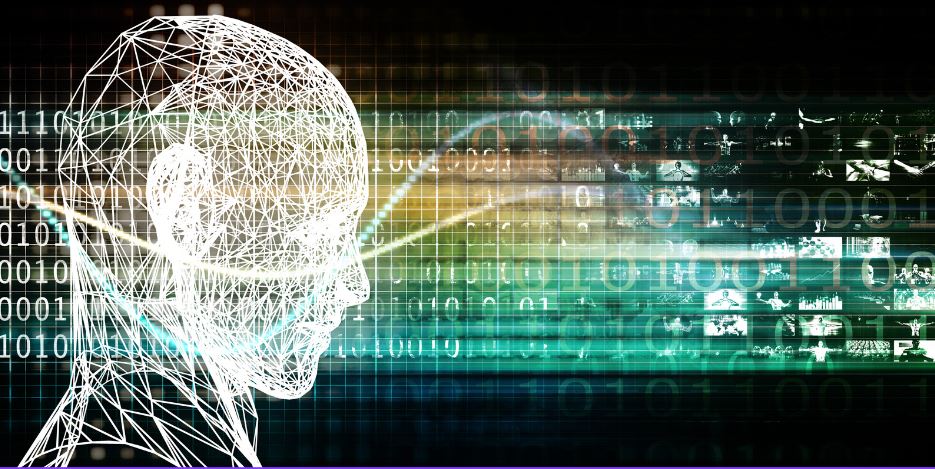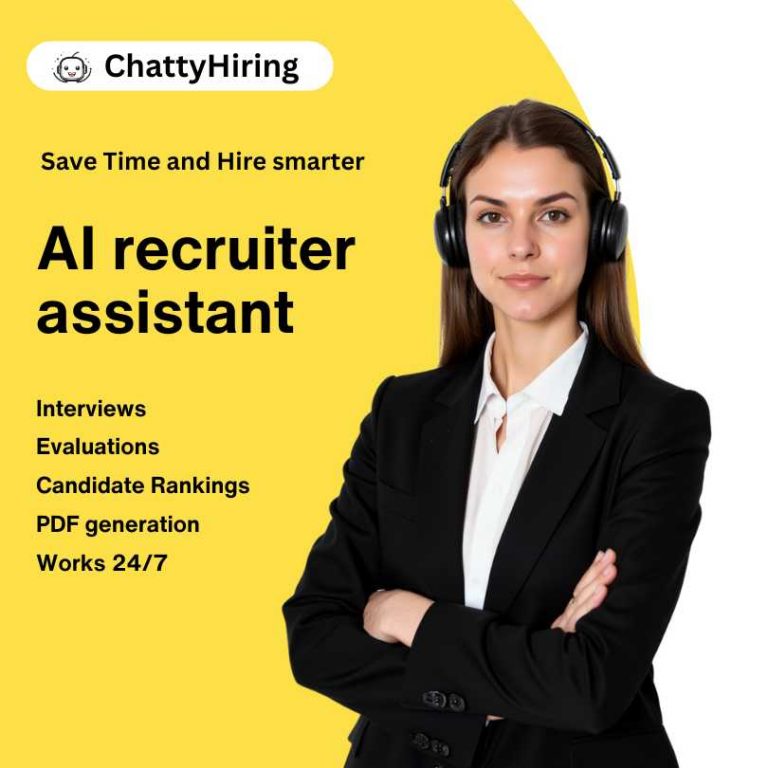In the evolving landscape of companies, be aware of the savings thanks to AI interviews is a new way of finding efficiencies. Finding the right talent for your company has often been a challenging journey. HR and People teams face numerous inefficiencies during the talent recruitment process.The traditional methods are time-consuming, repetitive, costly, and sometimes lead to bad hiring decisions. However, the rise of AI interviews has revolutionized the hiring process, offering new ways to streamline and enhance recruitment efforts.
Challenges Faced by HR and People Teams
The process of recruiting can be a complex maze to navigate. The journey from searching for suitable candidates to successfully hiring them involves multiple steps that can be time-intensive and resource-draining.
- Searching through countless resumes
- Conducting endless screenings
- Scheduling interviews
- Finding out intangible soft-skills matching
- Uncover motivations
- Detect inconsistencies in resumees
- Asking for referrals
- Checking diversity fit balance
- Validating career paths of the new recruitments
- and much more…
Evaluating candidates not only demand a considerable amount of time but also resources. Traditional methods can lead to delays, oversights, and sometimes even poor candidate selection.
Talent Recruitment alternatives
To achieve success in talent recruitment, HR teams have explored several alternatives:
Handle the process in-house, Turn to recruiting portals and outsourcing to talent consultants.
| Hiring Process Option | Advantages | Disadvantages |
|---|---|---|
| In-House (Own HR Team) | 1. Direct control over the entire recruitment process. | 1. Limited access to diverse candidate pools. |
| 2. In-depth understanding of company culture and needs. | 2. Time-consuming, taking focus away from core tasks. | |
| 3. Cost savings over external recruitment methods. | 3. May lack specialized expertise in certain areas. | |
| Recruiting Portals | 1. Access to a wide and varied pool of candidates. | 1. Overwhelming number of unqualified applications. |
| 2. Streamlined candidate management and tracking. | 2. Potential high competition for top candidates. | |
| 3. Faster recruitment process due to automation. | 3. Less personalized approach to candidate selection. | |
| External Professionals | 1. Access to specialized expertise and networks. | 1. High cost associated with professional services. |
| 2. Time-saving as experts manage the process. | 2. Limited control over the recruitment process. | |
| 3. Increased likelihood of finding niche talent. | 3. Potential misalignment with company culture. |
Each approach has its merits and demerits, but one trend that has gained substantial traction is the integration of AI in the recruitment process.

Advantages and savings of AI Interviews for HR
Based on HR research panels, the adoption of AI interviews is on the rise.
- A significant 43% of companies are either already using or planning to implement AI interviews by 2024.
- Furthermore, professionals are optimistic about the benefits of AI interviews, with 2 out of 3 believing that they will enhance hiring efficiency.
- Indeed, an overwhelming 83% think that AI can accurately evaluate job qualifications, while 40% also expect it to assess cultural fit.
The advantages of AI interviews for HR are extensive:
- Automation of Recurrent Processes: AI can handle repetitive tasks like resume screening, freeing up recruiters to focus on higher-value tasks.
- Time-Saving for Recruiters: With AI handling initial screenings, recruiters save valuable time, becoming more efficient in their roles.
- Enhanced Candidate Experience: AI streamlines the hiring process, making it less cumbersome and more engaging for candidates.
- Accelerated Hiring Process: AI interviews speed up the process by up to 20%, helping companies secure top talent faster.

Calculating Savings from AI Interviews
Let’s delve into how AI interviews translate into tangible cost savings for HR teams.
- Saving Recruiters’ Time:
- On average, recruiters spend about 20 hours during the screening process for job openings with over 100 candidates.
- The average salary of an HR recruiter is approximately $25/hour.
- AI can save 80% of this time, resulting in a savings of 25 * 20 * 0.8 = $400.
- Reducing Bad Hiring Costs:
- The cost of a bad hire is estimated at $15,000.
- Around 10% of hires result in a bad fit for the company, considering all associated costs.
- AI interviews can filter out 33% of soft skills misalignment, reducing the number of bad hires.
- This leads to savings of $15,000 * 10% * 33% = $495
- Speeding Up the Hiring Process:
- Setting up a hiring process costs a minimum of $500.
- Most job openings take around 25 working days before finding the right candidate.
- AI can expedite the screening process by 5 days.
- The value added to the process is $500 / 25 * 5 = $100.
Calculating Combined Savings
For a company having an average of 30 open positions in a year (an average of 2 to 3 per month) we can calculate the total savings:
Total Savings per one job opening = $400 + $495 + $100 = $995
For 30 hires, the total savings would be: $995 * 30 = $29,850
on top of this, we can add other elements that are more intangible which refer to the quality:
- Better Talent recruitment fit
- Better Candidate experience during the recruitment cycle
- Better list of potential pull of candidates for future openings with better profileing.
Why AI Interviews will not substitute human recruiters but make them more efficient
While AI interviews have shown remarkable potential in transforming the hiring landscape, there are several reasons why they might not entirely substitute human hiring:
Lack of Human Intuition and Empathy
AI, although highly advanced, lacks the emotional intelligence and empathy that human recruiters possess. Evaluating soft skills, cultural fit, and nuanced interactions might be challenging for AI systems.
Complex Decision-Making
Hiring often involves intricate decisions that go beyond data analysis. Humans can consider context, creativity, and potential in candidates that might not be easily quantifiable.
Unforeseen Situations
AI might struggle to adapt to unexpected situations or unconventional candidates. Human recruiters can adjust their approach based on unique circumstances.
Interpersonal Dynamics
Human interaction and rapport-building play a crucial role in interviews. Candidates might respond differently to AI, affecting the quality of information gathered.
Job Fit and Company Culture
Assessing how well a candidate fits into a company’s culture and values can be challenging for AI, as these elements are often nuanced and subjective.
AI Interviews are here to stay
AI interviews are transforming the landscape of talent recruitment for companies. HR and People teams can enjoy the advantages of AI, including time-saving, cost reduction, enhanced efficiency, and improved candidate experiences.
As companies increasingly adopt AI interviews, the potential savings become substantial, contributing to better resource allocation, improved hiring decisions, and overall organizational growth.
With the promise of streamlined processes and more effective hiring outcomes, AI interviews are undoubtedly a game-changer for HR professionals.
-

A passionate advocate for the future of HR innovation. With expertise in leveraging AI to revolutionize recruitment processes, Carlos has a clear vision: empower HR teams while creating meaningful candidate experiences.
View all posts





